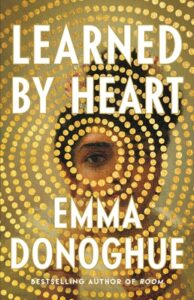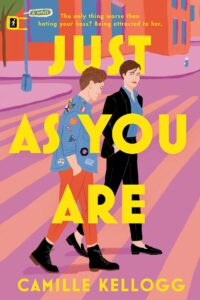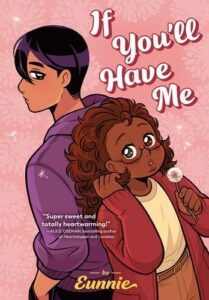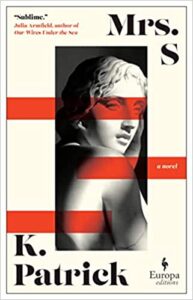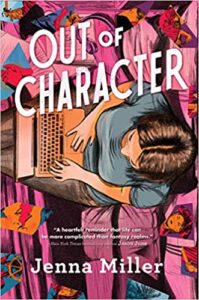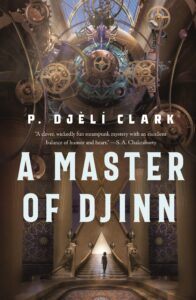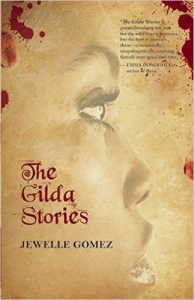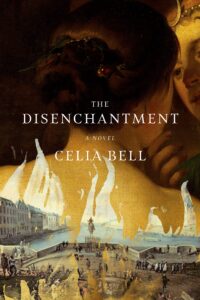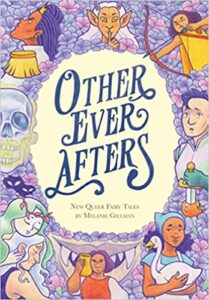The moody, fraught, and atmospheric energy of Bronwyn Fischer’s novel The Adult (Random House, 2023) is the perfect September read that reflects the joy and the chaos of a new academic year!
The Adult follows Natalie, an eighteen-year-old student who has just arrived in Toronto to begin her first year of university. Moving from her remote, rural hometown to a bustling city is destabilizing to say the least, and on top of it all everyone around her seems to fit in perfectly, while Natalie always stands apart. From the beginning of the novel, we can tell that Natalie is searching for an identity—for the exact code that will allow her to effortlessly blend into her new life without all the sharp edges she can’t seem to stop running into. She studies her would-be friends, searches online, and spends most of her time contemplating just how apart she feels from everyone else.
Enter Nora, an older, mysterious woman who suddenly takes an interest in Natalie after a chance meeting. As Natalie is drawn further and further into Nora’s life—and into her intense, all-consuming feelings for the other woman—she wonders if this relationship contains the answers she’s been searching for. However, because Natalie fears how her friends will react to her relationship with an older woman, she quickly begins to lead a kind of double life while attempting to keep her time with Nora separate and sacred. But eventually, Natalie must reckon with the discovery that Nora is not all that she seems, and that the secrets she keeps could have devastating consequences for Natalie’s life.
The Adult is a fabulously literary lesbian novel all about coming of age and coming out. In many ways, it’s easy to sympathize with Natalie’s insecurity and her desperation to fit into a world that seems to fast-paced and unfamiliar. We spend so much of this novel deep inside Natalie’s head, privy to her cyclical thoughts, her fears and anxieties, and her overwhelming obsession with Nora—an obsession that is made worse by Nora’s unclear feelings. It’s impossible not to find this novel immersive and captivating.
While the plot of this novel is slow to unfold and the text is driven forward by the characters, I still found myself unable to put it down. Fischer’s writing carefully unveils the intricacies—and inconsistencies—of Nora’s life, which left me desperate to uncover (as Natalie eventually is) what all of the clues meant. It was fascinating the way Fischer played with readers’ expectations and then subverted or denied them at every turn. While the end wasn’t a huge surprise to me, I’m not sure it’s intended to be. Instead, it seems that what Fischer really wants to focus on in Natalie’s response to and growth from her relationship with Nora. I loved the way this novel was woven together. In some ways, it really did keep me guessing until the very end.
There are certain plot twists I wasn’t overly captivated or convinced by, and I wasn’t sure how to handle them as a reader—especially when Natalie’s character struggles to cope effectively with anything. The twist I’m thinking of definitely added some intensity and urgency to the novel, but that could have been accomplished more effectively in other ways, I think.
Overall, I very much enjoyed The Adult and I think it’s an excellent novel to read for fall!
Please put The Adult on your TBR on Goodreads.
Rachel Friars is a writer and academic living in Canada, dividing her time between Ontario and New Brunswick. When she’s not writing short fiction, she’s reading every lesbian novel she can find. Rachel holds two degrees in English literature and is currently pursuing a PhD in nineteenth-century lesbian literature and history.
You can find Rachel on Twitter @RachelMFriars or on Goodreads @Rachel Friars.


